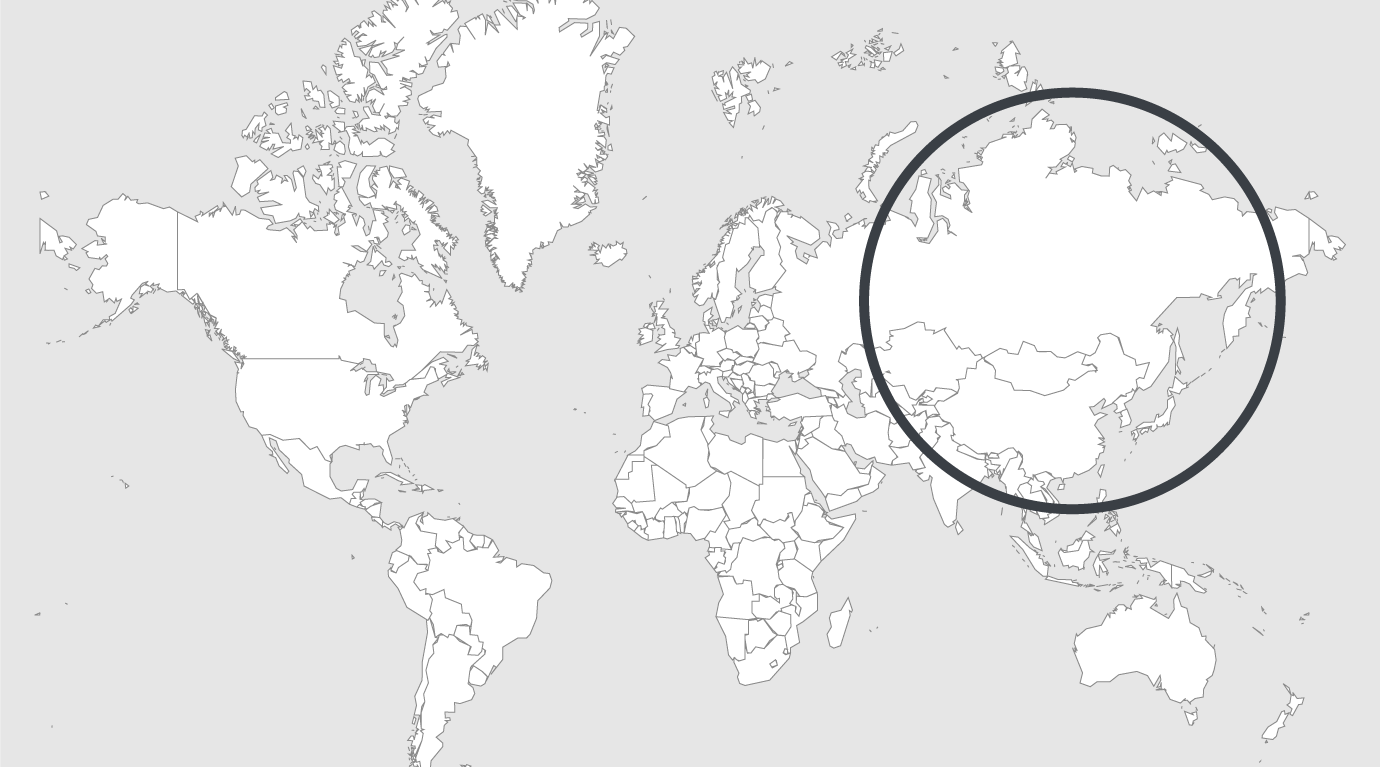
Explore
Kyrgyzstan: female convicts face harsh future
The day starts early at Kyrgyzstan’s only women’s prison.
Around 300 inmates are woken at 6.30am at the facility in Stepnoe, a village close to Bishkek.
The youngest convict is 15 while the oldest is over 70. Most have been convicted of murder or fraud. There are also three women living here with young children.
After breakfast at 7am, they fill their day doing menial tasks including sewing, baking, making army boots and producing soya milk.
Begayim, 35, is a single mother-of-five who was convicted for her part in a criminal enterprise.
She said she was grateful for her job in a prison workshop sewing uniforms for the Kyrgyz military and other government agencies.
Not only does she earn some money that she can either use to purchase goods at the prison store or save for her release, but keeping busy distracted her from gloomy thoughts.
“My eldest daughter is 17, the rest are nine, eight, five years old, the youngest one is only a year and eight months. All of them are now in an orphanage,” she said.
She has nine more years to serve.
Compared to male penal colonies, the Stepnoe facility is well maintained. A typical cell has relatively new beds, basins, curtained windows, and nightstands with framed family photos.
But while prison conditions are not too onerous, convicts face further problems when they finish serving their sentences.
More than 2,000 women are convicted of criminal and civil offences each year in Kyrgyzstan, a country of six million, with around 15 per cent going on to serve a jail term.
Although the numbers of female inmates are not large, the social repercussions of serving time in prison can be far-reaching.
According to the Kyrgyz Penal Service, 30 per cent of women released from prison go on to reoffend.
“[Those who reoffend] are mainly married women with children who have been imprisoned in their 30s and served from between ten to 15 years in jail,” explained Jamal Frontbek kyzy, who heads the women’s NGO Mutakalim and who has worked with female offenders for many years.
Often rejected by their families, women faced a bleak future after their release from prison, she continued.
“While [women] serve their sentence in prison, their husbands marry other women. Children conceal the fact that their mothers are in prison and prefer to say that they are working in Russia or Kazakstan,” Frontbek kyzy said. “Upon release, mothers are usually not welcome in their own families and are asked not to interfere in their children’s lives. These women are left with no families, no children. Many commit another crime and end up in jail again.”
Another serious obstacle to rehabilitation was difficulty finding work, Frontbek kyzy continued.
Even those with university degrees could only hope for low-paid physical jobs, she stressed.
“Those who served five to 10 years in prison find it difficult to adapt to society unless their relatives are ready to help them [with jobs],” Frontbek kyzy concluded.
Former justice minister Marat Kaiypov also told IWPR that Kyrgyz women found it extremely hard to find work after they were released.
“If one is imprisoned once, he or she joins the ranks of potential criminals [forever],” he said.
Mayram (not her real name) was recently released from prison after serving a six-month sentence for drug-dealing. She fears that her time inside has marked her for the rest of her life.
Despite working as a schoolteacher for 30 years, the 55-year-old told IWPR she now doubted she would ever find another job within the largely state-run education system.
“I sold drugs because of poverty. Life is complicated. Only after I was imprisoned did I realize that it was possible to survive on a teacher’s salary,” Mayram said.
“If you have a criminal record, you won’t be employed by the state,” she continued. “Now I don’t know what will happen, it is unlikely I will ever be employed again. I can just retire.”
Read full article.
